Description
Turmeric is a genus of perennial herbaceous plants in the ginger family whose rhizomes and stems contain the yellow dye curcumin. The benefit of turmeric is to reduce chronic inflammation, which can lead to metabolic disorders, obesity, and other dangerous diseases, such as those associated with the cardiovascular system. The spice also has a beneficial effect on arthritis patients by reducing joint swelling. Regular consumption of turmeric reduces the risk of developing liver diseases, as well as reducing the symptoms of already acquired diseases, such as hepatitis. In addition, it can slow down the development or reduce the symptoms of periodontitis, premenstrual syndrome, diabetes, diarrhea, indigestion, psoriasis.
Vitamin E is an important nutrient for the human body, the lack of which causes neuropathy (of various etiologies, damage to peripheral nerves) and hemolytic anemia (a form of anemia caused by the breakdown of red blood cells, red blood cells).
Vitamin E is needed:
- to slow down the aging process of cells,
- to maintain normal hemoglobin levels,
- to strengthen the walls of capillaries,
- to protect blood cells (lymphocytes, red and white blood cells), which helps to improve the supply of oxygen to the body and the overall protective function,
- for blood clotting, myocardial function, nervous tissue and immunity,
- to maintain fertility.

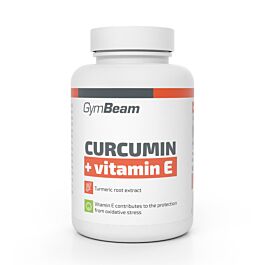
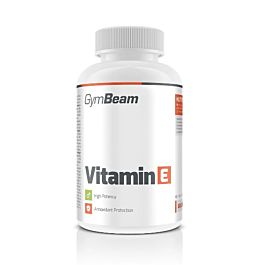
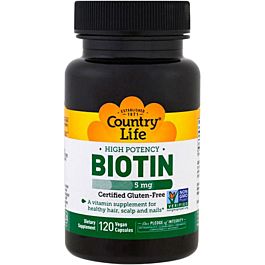
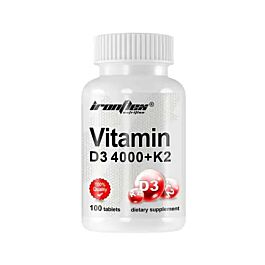
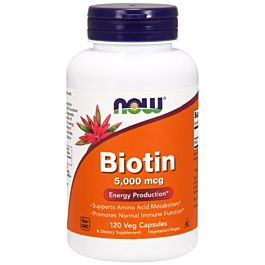
Reviews
There are no reviews yet.